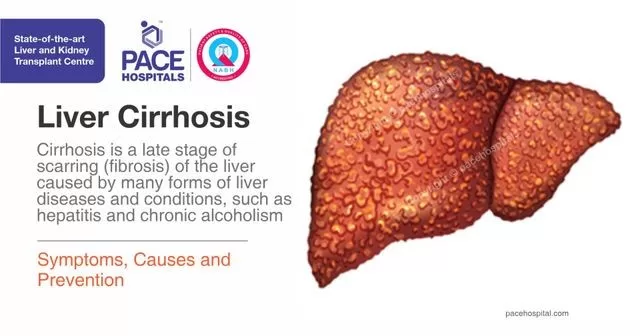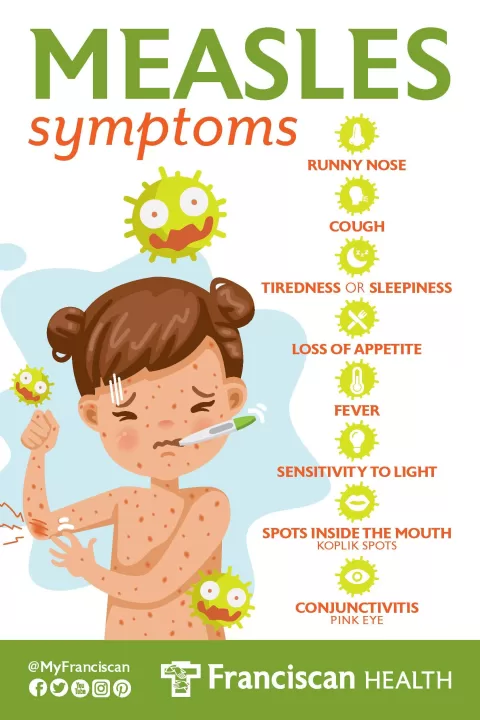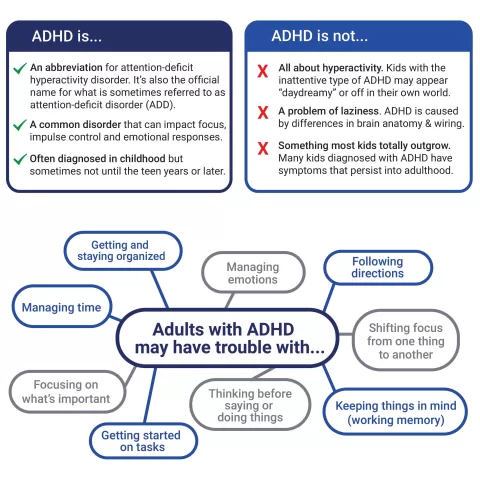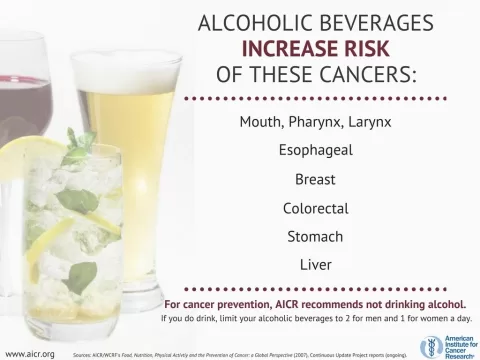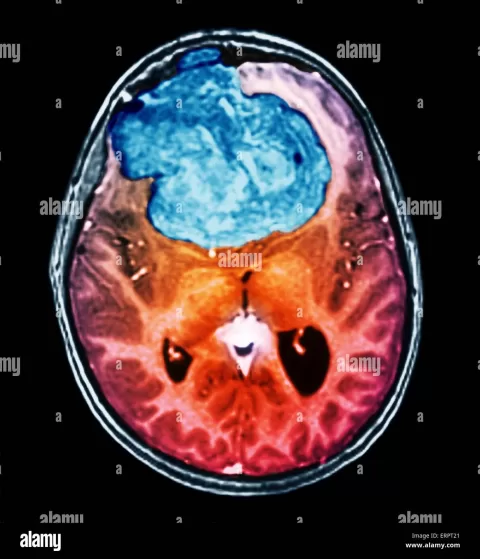Understanding cirrhosis is crucial for anyone concerned about liver health, as it represents a chronic and progressive liver disease that can lead to significant health challenges. This condition is marked by irreversible scarring of the liver, which impairs its vital functions and can culminate in life-threatening complications. Among the primary cirrhosis causes are chronic alcohol abuse and viral hepatitis, making awareness of these risk factors imperative. Early recognition of cirrhosis symptoms, such as fatigue and jaundice, allows for timely medical intervention and can dramatically impact patient outcomes. In this comprehensive guide, we will explore cirrhosis treatment options alongside new research developments, equipping you with the knowledge to better understand this serious liver disease.
Cirrhosis, often referred to as liver scarring, is an alarming condition that requires in-depth understanding for effective management. This long-term liver disease typically results from various factors, including autoimmune reactions and prolonged liver stress due to substance abuse. Recognizing the signs of liver dysfunction—such as fluid retention and yellowing of the skin—can lead to significant improvements in patient care. Moreover, exploring the numerous treatment strategies available for managing cirrhosis is essential for those grappling with this chronic illness. Through ongoing research and patient education, we can enhance awareness about liver disease and improve therapeutic measures.
Understanding Cirrhosis: What You Need to Know
Cirrhosis is indeed a complex and multifaceted liver disease that demands careful comprehension. As individuals may struggle with the intricacies of this condition, it is important to grasp its progression and implications on overall health. Notably, cirrhosis can remain asymptomatic for years, which underscores the necessity of understanding the disease early on. Regular medical check-ups and awareness of personal risk factors can play a crucial role in catching the disease before it advances to more serious stages.
In addition to medical awareness, educating oneself about the underlying issues leading to cirrhosis is equally vital. Conditions such as autoimmune hepatitis and viral infections contribute significantly to the development of cirrhosis. Therefore, individuals, especially those with risk factors, should remain vigilant regarding their liver health and actively pursue a lifestyle that minimizes such risks.
Key Causes of Cirrhosis
Several major contributors to cirrhosis exist, stemming from both lifestyle choices and pre-existing medical conditions. Chronic alcohol abuse stands as one of the leading causes, resulting in gradual liver damage. The toxic effects of excessive alcohol consumption not only lead to inflammation and fibrosis but can also complicate recovery efforts. Additionally, understanding the connection between alcohol abuse and liver health is vital for prevention and effective management.
Another significant cause is viral hepatitis, particularly types B and C. These viruses instigate prolonged liver inflammation, which can escalate to cirrhosis if not properly treated. Awareness of these viruses, along with the symptoms they may produce, empowers individuals to seek timely medical attention and mitigate further liver damage.
Frequently Asked Questions
What are the leading causes of cirrhosis?
Understanding cirrhosis starts with recognizing its causes. The primary factors include chronic alcohol abuse, viral hepatitis (especially B and C), non-alcoholic fatty liver disease (NAFLD), autoimmune hepatitis, and certain genetic disorders like hemochromatosis. Each of these conditions can lead to irreversible liver scarring, highlighting the importance of timely intervention.
What are the early symptoms of cirrhosis to look out for?
In the early stages of understanding cirrhosis, symptoms may be subtle. Common signs include persistent fatigue, itchy skin caused by bile accumulation, and swelling in the legs or abdomen from fluid retention. Recognizing these early symptoms is vital for seeking medical evaluation before liver function declines further.
How can I manage cirrhosis effectively with treatment options?
Managing cirrhosis involves understanding treatment options tailored to the underlying cause. These may include medications to alleviate symptoms, lifestyle changes like abstaining from alcohol and reducing weight, surgical procedures to relieve liver pressure, and in severe cases, liver transplantation. Early treatment can significantly improve outcomes.
Can autoimmune cirrhosis be treated effectively?
Autoimmune cirrhosis can be treated effectively through a combination of medications aimed at suppressing the immune response, such as corticosteroids and immunosuppressants. Understanding autoimmune cirrhosis is crucial for managing liver inflammation and preventing further damage, emphasizing the need for regular medical supervision.
What ongoing research is improving our understanding of cirrhosis?
Current research in understanding cirrhosis includes the development of new drug therapies that target inflammation and fibrosis in the liver. Clinical trials are exploring innovative treatment options like gene therapy. Staying informed about these advancements can provide hope and insights for patients facing this chronic liver disease.
| Key Points | Description |
|---|---|
| What is Cirrhosis? | A chronic liver disease characterized by irreversible scarring and impaired liver function. |
| Causes | Chronic alcohol abuse, viral hepatitis, non-alcoholic fatty liver disease, autoimmune hepatitis, and genetic disorders contribute to cirrhosis. |
| Symptoms | Fatigue, itchy skin, swelling, jaundice, easy bruising, and bleeding are common indicators. |
| Treatment Options | Medications, lifestyle changes, surgery, and liver transplantation are common approaches to manage cirrhosis. |
| Current Research | Ongoing studies focus on new drug therapies, gene therapy, and clinical trials to improve treatment outcomes. |
Summary
Understanding cirrhosis is essential for effectively managing this chronic liver disease. Cirrhosis, a condition marked by irreversible liver scarring, can lead to serious health complications if not addressed promptly. Recognizing the potential causes, including chronic alcohol abuse and viral infections, along with becoming familiar with the symptoms such as fatigue and jaundice, are critical for early intervention. While there is currently no cure for cirrhosis, various treatment options exist, ranging from medications to lifestyle changes and surgical interventions. Recent research developments promise new hope for individuals affected by this condition, highlighting the importance of staying informed and proactive in liver health management.
The content provided on this blog (e.g., symptom descriptions, health tips, or general advice) is for informational purposes only and is not a substitute for professional medical advice, diagnosis, or treatment. Always seek the guidance of your physician or other qualified healthcare provider with any questions you may have regarding a medical condition. Never disregard professional medical advice or delay seeking it because of something you have read on this website. If you believe you may have a medical emergency, call your doctor or emergency services immediately. Reliance on any information provided by this blog is solely at your own risk.



